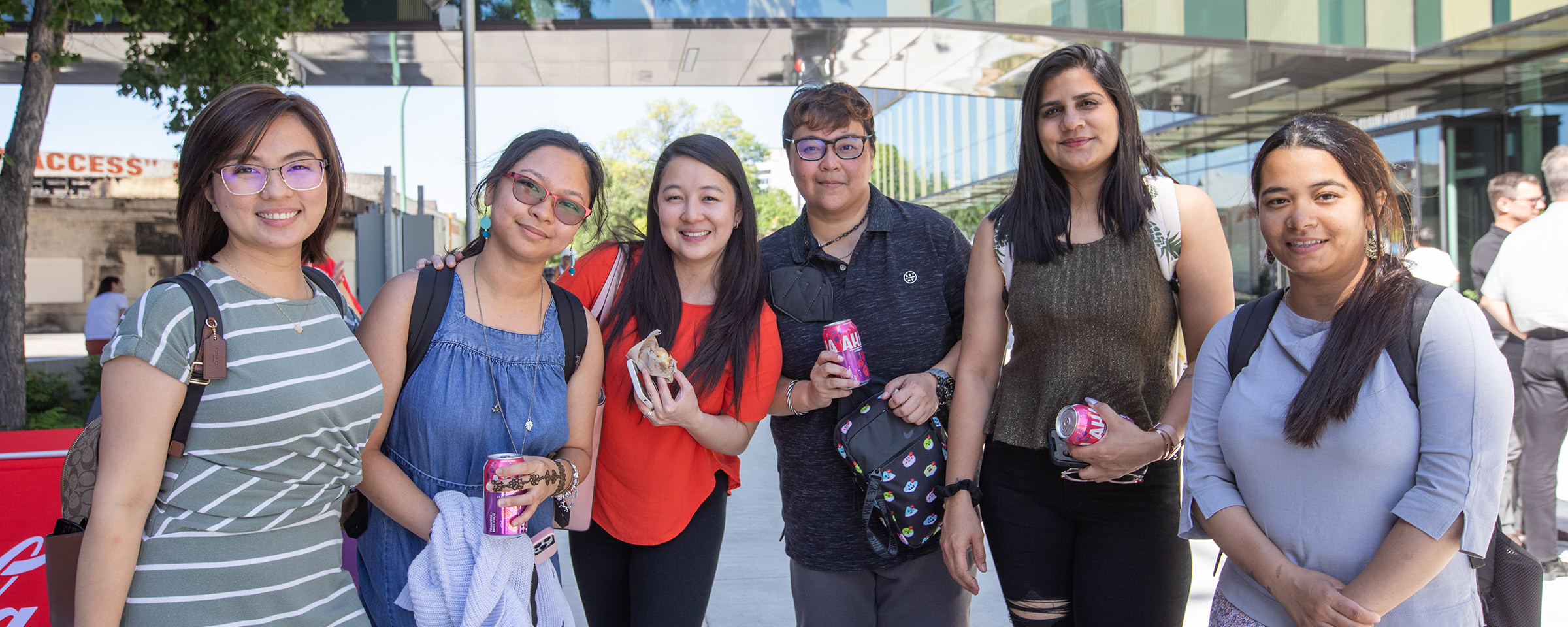An Opportunity to Study: Could poverty be an obstacle for studying?
– An article written by Olga Pobereznichenko, Intensive English for International Students student at LTC
When people hear the phrase ‘There is a problem in Africa’, the first thing they think about is lack of food and hunger. It is hard to underestimate this issue, of course.
On April 11th, the BBC News website published a report about a huge drought in Ethiopia, Africa, caused by climate change. It means that millions of people lost access to drinking water, animals are dying, and the harvest is being destroyed and the risk of diseases is increasing.
Under such circumstances, children do not have a chance for studying. And schools, in their turn, will lose an opportunity for development and improvement, because all donations from charity organizations are used to provide help to overcome the challenges set by the drought. If you are reading this article, you probably had an opportunity to learn how to read and write. Living in a developed country, people think rarely about this great gift, such as, an opportunity to study.
On April, 9tha charity event which was titled “A Journey Back to Sedika (Ethiopia) from Winnipeg” was conducted by the speaker Samson G. Tadese. He presented about his native town and its problems, particularly educational. His goal was to attract attention and raise money which will be used for buying basic school supplies for the school in this town.
Firstly, there is only one secondary school in an old building in Sedika without even basic conditions for the students. Secondly, children are forced to drop out of school, because parents prefer that their children help them on the fields. As a result, children can not get full education and apply to a college to get a degree after it.
Using Sedika’s example, what can we ourselves do now? Engaging in charity work in general is one of the distinctive characteristics of the Canadian people. That is why, hopefully, one day Sedikas’ children could get a chance to graduate from school with dignity and choose other professions, besides farming.
“I believe that anyone who is in the position of being able to help others should do so,” said Adrea Pierce, a teacher at LTC. “We as Canadians are very lucky to have access to clean water and free education. We did not earn this right, but were born into it by sheer luck and we owe it to people who were not so lucky to help where we can. If everyone looked away and assumed it was someone else’s responsibility, everything would collapse.”
“In my opinion,” said Oleksii Iarosh, international student in RRC. “If you want to donate some money, you have to check all information about charity organizations and control their reports about spending money to avoid lies.”
“I believe that strangers who are able to help Ethiopian children to get an education should consider donating some of their money to such a cause,” said Christine Van Loon, LTC’s teacher. “I believe that the world is one big community and that all humans have a responsibility towards one another when help is requested.”
Resources: http://www.bbc.com/news/world-africa-36012217

